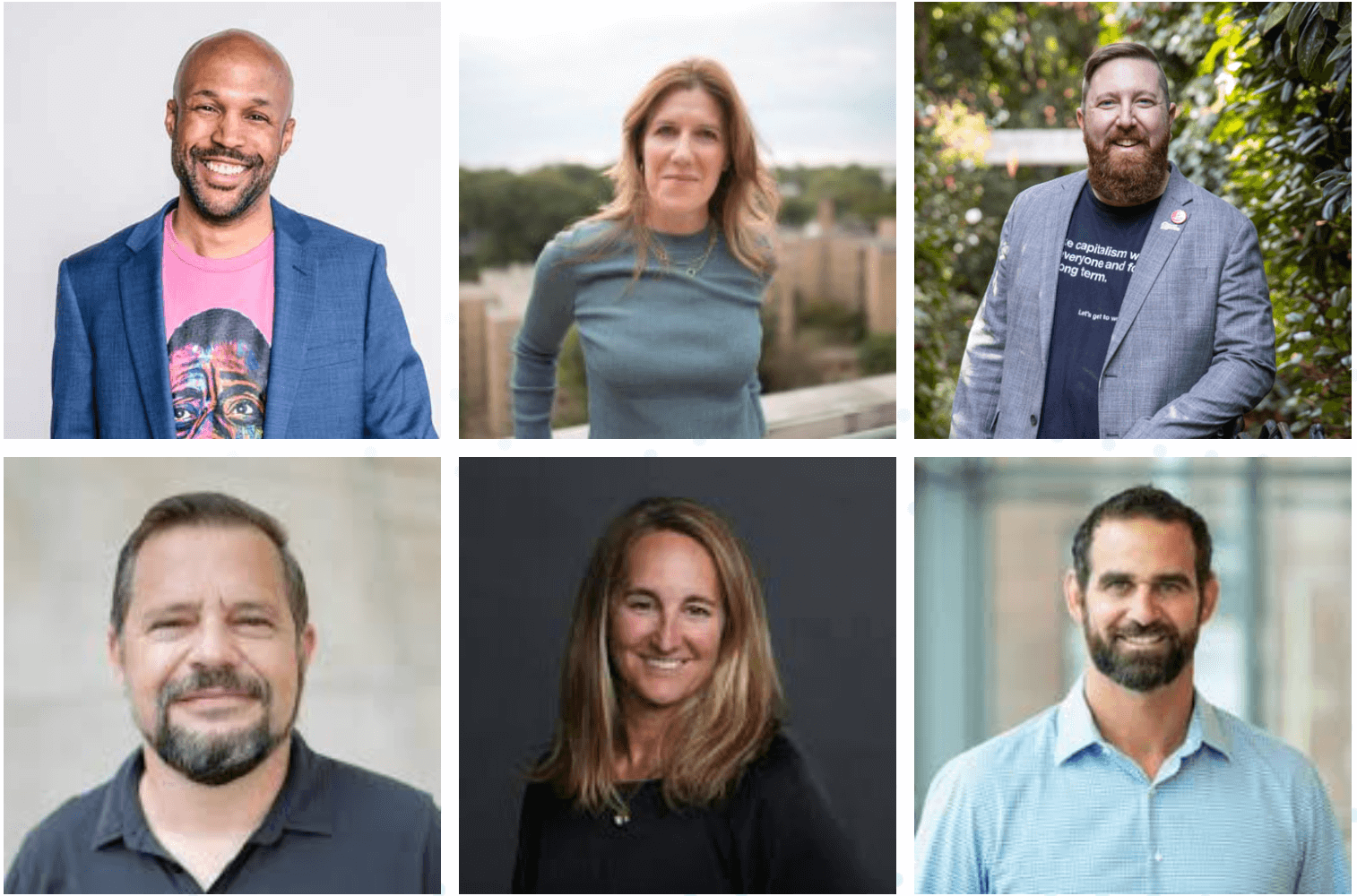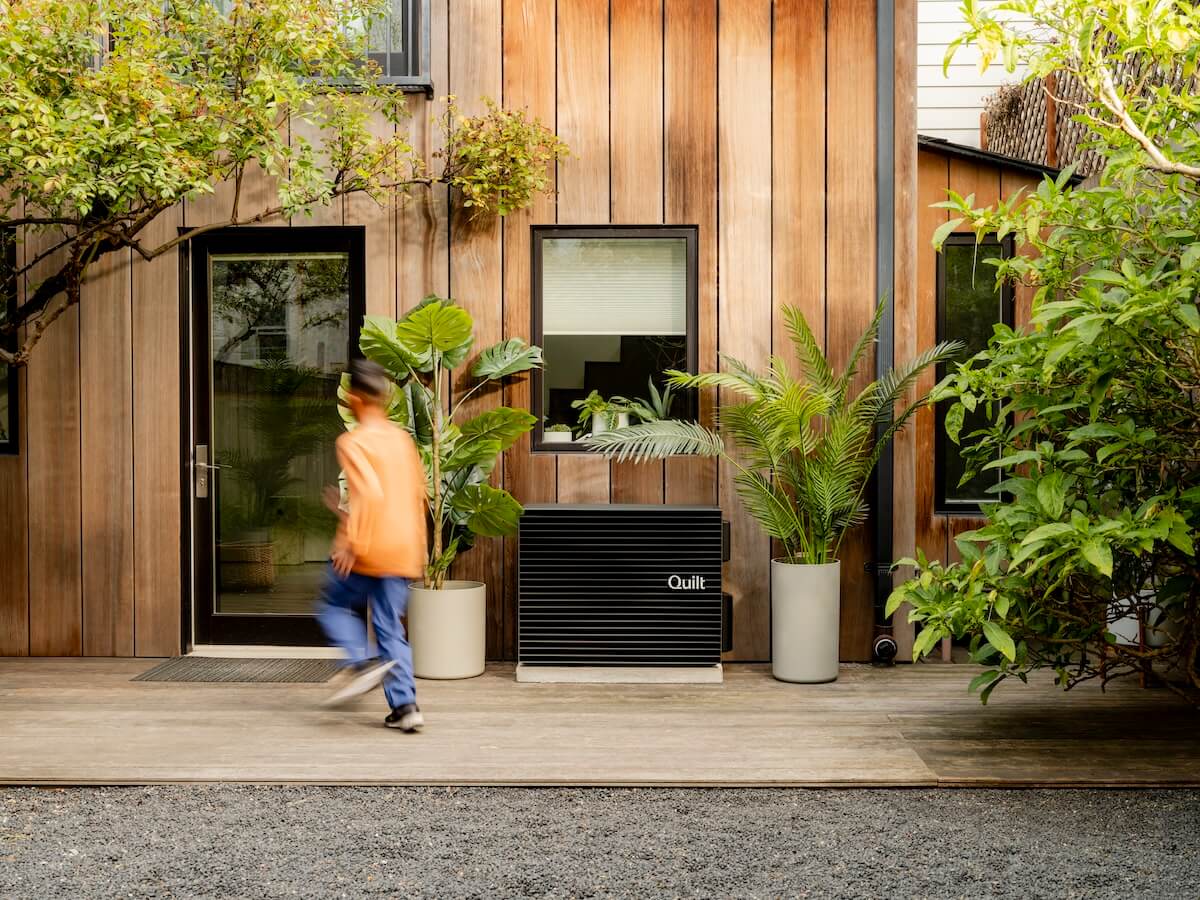Greetings, ImpactAlpha readers!
ImpactAlpha’s European tour. The conversation continues with ImpactAlpha’s first Agents of Impact events. We’re curating smallish gatherings to bring together Agents of Impact (yes, that’s you) for deeper conversation and connections. The Paris dinner and salon Oct. 30 is a side event of the GIIN Investor Forum. Then, we’ll gather for drinks at the Conduit in London Nov. 2, in collaboration with the first Gender Smart Summit. We’d love to see you at one or both. Sign up here for more information.
Signals: Ahead of the Curve
Generation charts the coming climate and inequality disruptions. The Sustainability Trends Report is becoming to the sustainability revolution what Mary Meeker’s annual internet trends report is to technology. With more than 200 indicators, Generation Investment Management’s second annual report charts challenges and opportunities in energy, urban mobility, responsible consumers, health and wellbeing and the future of work. A sampling:
- Falling cost curves for clean energy and battery storage are driving uptake and investment, especially in emerging markets. Renewables reached “grid parity” worldwide.
- A map of “robot density” shows where automation is uprooting low-skilled jobs. Online skills marketplaces and up-skilling platforms are matching talent supply and demand.
- Cancer survival rates are improving. Rates of non-communicable diseases are rising in emerging markets. Life expectancy is diverging by class.
- Growth in meat consumption is slowing. Meat alternatives are still a small portion of sales.
- Electric vehicle sales are booming worldwide (think buses in China). Sales lag in the U.S.
“More and more investors recognize that every investment they make is running some level of sustainability risk,” Generation’s Colin le Duc told ImpactAlpha. The firm, founded by Al Gore and David Blood in 2004, has $20 billion under management, including $1.2 billion in two private equity funds. Through accelerated innovation, consumer demand or government intervention, le Duc says, “the likelihood of disruption is going up.” The transition to a low-carbon, inclusive economy is underway. Says le Duc, “Our assertion is that it’s just accelerating.” Share, “Generation charts the coming climate and inequality disruptions.”
Edwards Mother Earth Foundation opens the books on its impact investments. The Seattle family foundation of Jane and Robert Edwards decided in 2014 to invest 100% of its $35 million endowment for environmental benefits and competitive financial returns. The foundation, with the help of Caprock Group, has shared its three-year journey in an unusually transparent case study that digs into asset allocation, liquidity, benchmarks, manager selection, impact measurement and more. The foundation names names, including: Aperio Group, Essex and, later Generation Investment Management’s Asia equity fund for public equities; Seattle Northwest for fixed-income; Solar Mosaic, Green Canopy Homes and Community Investment Management for private debt; and PRIME Coalition for early-stage climate innovation program-related investments. More recently, the foundation has invested in Althelia’s Sustainable Oceans Fund, Lyme Timber’s fifth fund and other private fund managers.
The results? The public equities and fixed-income portfolios have returned annual returns of 5%, net fees. That’s in line with benchmarks but below the foundation’s target of 8%. Not included: returns from the illiquid private investments, which are still too early to judge (the foundation says it is “quite pleased.”) The impact? The report claims the foundation’s investments have helped generate more than three million megawatt hours of renewable energy, abate more than two million metric tons of greenhouse gases, and conserve 11,000 hectares of forestland. “Those statistics may be a bit nebulous, but they represent real impact at a time when it is needed most.” Worth a closer look.
Dealflow: Follow the Money
Rise Fund backs Ceribell’s rapid seizure diagnostic device. Ceribell’s device can quickly—and even remotely—diagnose seizures in patients even without visible symptoms. The Mountain View, Calif.-based company raised $35 million in Series B funding. The round was led by Optimas Capital Partners and TPG Growth’s Rise Fund. The Rise Fund has committed $1.5 billion of its $2 billion first fund and is planning a second – with a target of $3 billion. Here’s more.
Detroit’s Entrepreneurs of Color Fund gets $4 million boost. A $4 million loan from New Orleans-based Liberty Bank and Trust Co. has boosted the lending capacity of Detroit’s Entrepreneurs of Color Fund to $22 million. The fund, which lends to minority business owners, has loaned $5.7 million to 54 small businesses, creating or preserved 600 jobs. JPMorgan Chase piloted the Detroit effort in 2015 and has expanded to New York, Chicago and San Francisco. The bank launched a $500 million global economic mobility fund earlier this month. Dig in.
Foundation investments inject $1.4 million into College Forward’s mentoring program. Austin-based nonprofit College Forward help students from underserved communities go to and get through college. The investment includes a $600,000 program-related investment loan and a $400,000 grant from the Kresge Foundation, and a $400,000 loan from ECMC Foundation, the foundation’s first direct investment. Read on.
Agents of Impact: Follow the Talent
Amsterdam-based APG Asset Management is hiring a senior responsible investment and governance specialist for alternative assets… DAI Global is recruiting a senior investment consultant for frontier markets… D-Prize is awarding $20,000 to idea-stage or very early-stage entrepreneurs seeking to tackle distribution challenges and help alleviate extreme poverty.
— September 27, 2018.











